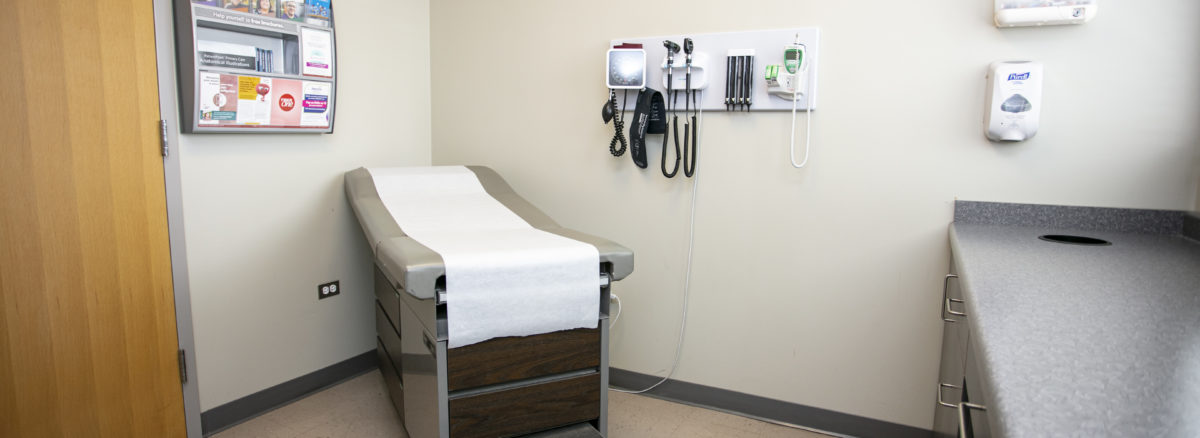Regular primary care medical clinic check-ups are essential for maintaining long-term health. Many people only visit the doctor when they feel sick, but preventive care is key to detecting potential health issues early and ensuring overall wellness. Whether you’re managing a chronic condition or simply staying on top of routine screenings, knowing when to schedule an appointment is crucial.
Why Regular Check-Ups Matter at a Primary Care Medical Clinic
Routine check-ups help identify health risks before they become severe. A visit to your family medical clinic ensures that you receive necessary screenings, vaccinations, and lifestyle guidance tailored to your health needs. Preventive care can reduce the risk of developing chronic diseases such as diabetes, high blood pressure, and heart disease.
How Often Should You Visit a Primary Care Medical Clinic?
The frequency of check-ups depends on factors like age, medical history, and risk factors. Here’s a general guideline:
- Adults (18-39 years old): Every 2-3 years if healthy, annually if managing a condition.
- Adults (40-64 years old): Annual check-ups are recommended for early detection of age-related conditions.
- Seniors (65+ years old): Yearly visits or more frequent monitoring for chronic conditions.
- Children and Adolescents: Regular pediatric visits and annual check-ups are essential for growth and development.
Signs It’s Time to Schedule a Visit to a Primary Care Medical Clinic
Even if you feel healthy, certain symptoms and life changes warrant a visit to a primary care medical clinic:
- Unexplained Fatigue – Persistent tiredness could signal underlying conditions such as anemia or thyroid issues.
- Frequent Infections – Recurring colds, infections, or flu-like symptoms indicate a weakened immune system.
- High Blood Pressure or Diabetes Risk – Routine screenings help detect early warning signs.
- Changes in Weight or Appetite – Sudden weight loss or gain may point to metabolic or digestive concerns.
- Chronic Conditions Management – Regular monitoring is essential if you have asthma, high cholesterol, or other ongoing conditions.
What to Expect During a Check-Up at a Primary Care Medical Clinic
A visit to a family medical clinic typically includes:
- Reviewing medical history and discussing any symptoms.
- Checking vital signs like blood pressure, heart rate, and temperature.
- Recommending necessary lab tests and screenings.
- Providing vaccinations and discussing lifestyle habits.
- Addressing concerns about diet, exercise, and mental well-being.
Take Charge of Your Health Today
Scheduling regular check-ups at a primary care medical clinic ensures you stay proactive about your health. The experienced providers at Woodridge Clinic are here to help with all your healthcare needs. Don’t wait until symptoms appear—schedule your appointment today!

